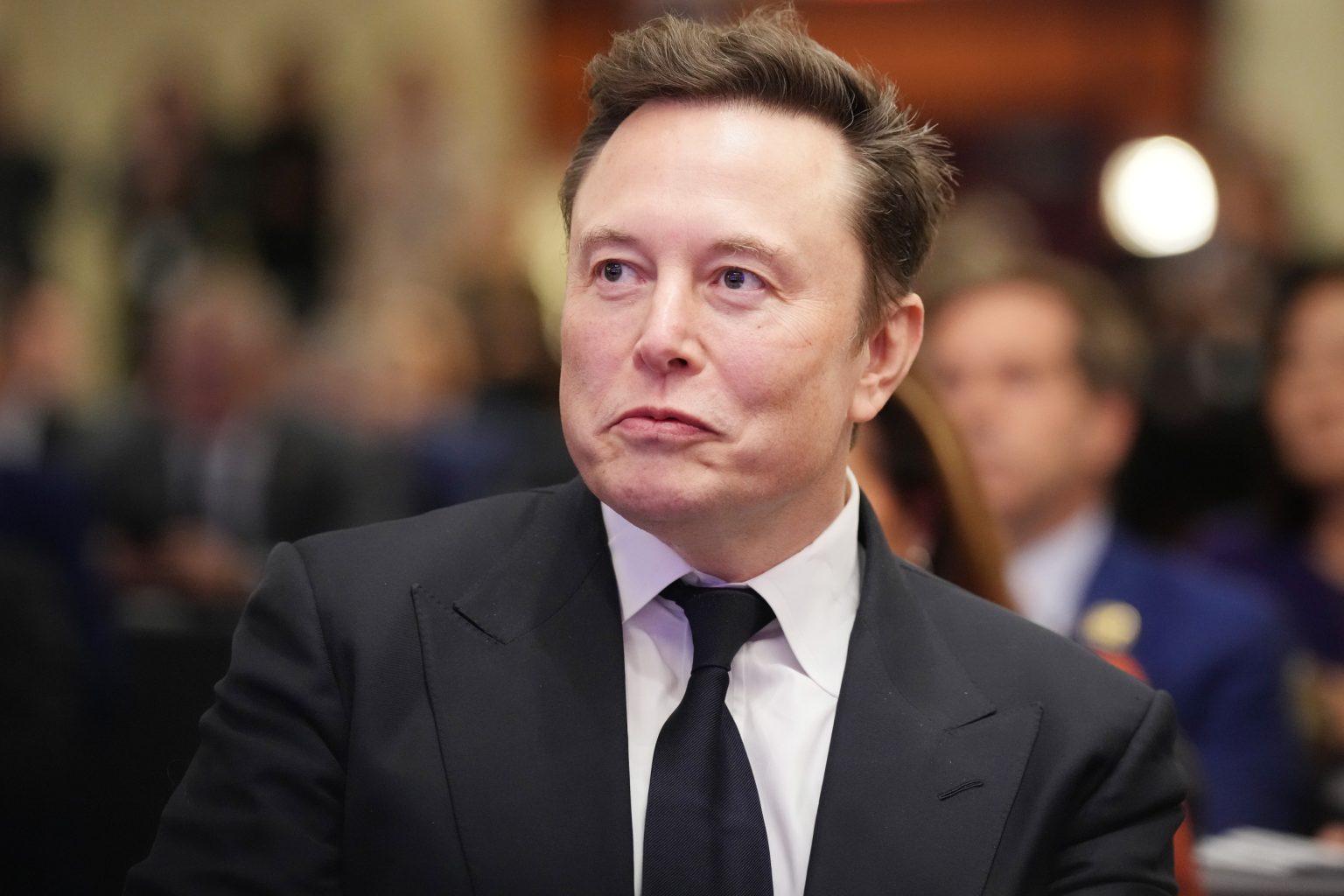The United States’ reliance on private space contractors, particularly SpaceX, has come under scrutiny due to CEO Elon Musk’s undisclosed meetings with leaders of adversarial nations, specifically China and Russia. These meetings, while potentially innocuous, raise serious national security concerns given the increasing importance of space as a contested domain and the significant role these countries play in challenging American dominance. The lack of transparency surrounding these interactions underscores systemic vulnerabilities in the current oversight framework governing private space contractors, highlighting the urgent need for legislative action to mitigate potential risks. This situation is further complicated by the fact that SpaceX handles a substantial portion of U.S. government-sponsored launches, including critical national security missions, raising questions about potential conflicts of interest and the security of sensitive information.
The core issue at stake is the potential compromise of national security interests. Space is no longer simply a realm of scientific exploration; it has become a vital strategic domain. Satellites are integral to global communications, navigation systems, and military operations, while access to lunar resources holds significant implications for future economic dominance. China and Russia, recognized as America’s primary rivals in space, are actively collaborating on various projects, including lunar missions, space station development, and advanced satellite technology, with the explicit goal of challenging U.S. supremacy in space. Musk’s meetings with leaders of these nations, particularly against the backdrop of their joint efforts to undermine American influence, raise legitimate concerns about potential information sharing or undue influence that could compromise U.S. national security. Even if these meetings were benign, the failure to disclose them as legally required demonstrates a disregard for established protocols and highlights the need for stricter regulations.
The current situation necessitates swift action from Congress and the Space Force to address these vulnerabilities and strengthen oversight mechanisms within the private space industry. Existing regulations lack the necessary teeth to ensure contractors prioritize national security interests, particularly regarding interactions with adversarial foreign governments. Legislative action is crucial to establish clear boundaries and impose stricter vetting procedures for private space contractors. Proposed legislation like the SPACE Act, which sought to prohibit U.S. space contractors working on government projects from maintaining ties with China and Russia, offers a potential framework for addressing this issue. While the SPACE Act ultimately failed to gain traction, its core principles remain relevant and deserve renewed consideration in the context of current geopolitical realities and the evolving space landscape.
The implementation of stricter vetting procedures, regular audits, and enhanced reporting requirements are crucial steps towards ensuring transparency and accountability within the private space sector. These measures would help mitigate the risk of undue foreign influence and ensure that contractors prioritize U.S. national security interests. Such regulations should encompass all aspects of contractor operations, including personnel vetting, technology transfer, and communication protocols, to effectively address potential vulnerabilities. A comprehensive approach to oversight is necessary to safeguard sensitive information and maintain the integrity of U.S. space programs. This proactive approach would not only strengthen national security but also foster greater trust and collaboration between the government and the private space industry.
Beyond stricter vetting procedures, the U.S. government must also be prepared to diversify its reliance on private space contractors. If companies like SpaceX are unwilling or unable to comply with enhanced oversight requirements, alternative providers should be sought to fulfill national security needs. This approach would ensure that national security interests are not jeopardized by the actions of individual companies and would create a more competitive environment within the private space industry, ultimately benefiting innovation and cost-effectiveness. Prioritizing national security over reliance on any single contractor is essential to maintaining U.S. leadership in space and safeguarding vital national interests. The willingness to explore alternative providers demonstrates a commitment to upholding national security standards and fosters a more resilient and adaptable space program.
The evolving geopolitical landscape demands a proactive and vigilant approach to national security, especially within the increasingly contested domain of space. The case of Elon Musk’s undisclosed meetings with Chinese and Russian leaders highlights critical vulnerabilities in the current oversight framework governing private space contractors. Swift legislative action is essential to strengthen vetting procedures, enhance transparency, and ensure that U.S. national security interests are prioritized above all else. The U.S. government must take decisive steps to address these concerns and maintain its leadership in space, safeguarding against potential threats and preserving its strategic advantage in this critical domain. This proactive approach will not only protect national security but also foster a more robust and competitive private space industry, ultimately benefiting American innovation and leadership in the long term.

